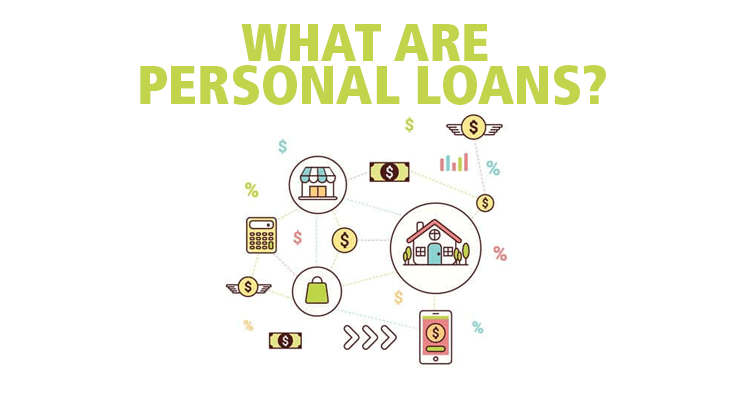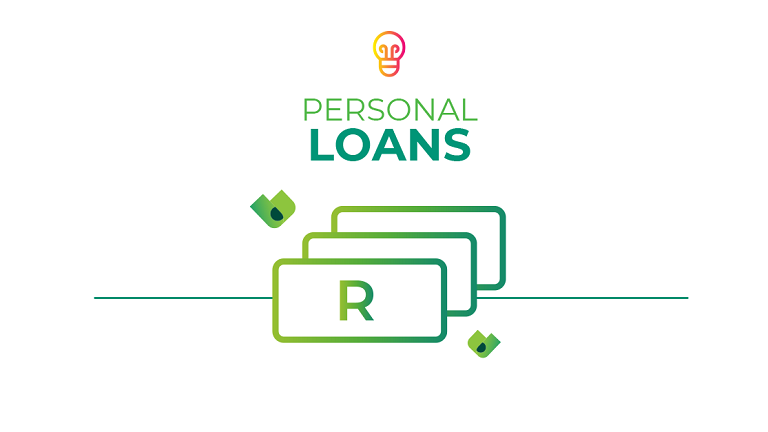All About: What Are Personal Loans Used For
Introduction
Personal loans can be a great way to cover costs when you are strapped for cash. A personal loan can provide immediate relief if you need money for medical bills, car repairs, or other unexpected expenses. Personal loans may also be used for larger purchases such as vacations or home improvements. But while personal loans can be useful, it is important to understand what they are and how they work before taking one out.

What Is a Personal Loan?
A personal loan is an unsecured loan that can be used for any purpose. This type of loan does not require collateral and typically has fixed interest rates, meaning that the amount you pay each month remains the same over the life of the loan. Typically, personal loans are used when other sources of funds are unavailable or if an emergency expense must be covered quickly.
Benefits of Personal Loans
Personal loans offer many benefits to borrowers. First, they provide access to funds when needed without resorting to credit cards or other forms of borrowing, which can have higher interest rates and fees. They also provide flexibility in terms of repayment, allowing you to choose a payment plan that works best for your budget. Finally, personal loans can help you rebuild credit if used responsibly and paid on time.
What Can Personal Loans Be Used For?
Personal loans can be used for various purposes, including consolidating debt, paying off medical bills, financing home improvements, and even making major purchases such as cars or furniture. They are typically unsecured loans that don't require collateral from the borrower to obtain funding. This type of loan is attractive to individuals who may need more assets to use for collateral or may wish to avoid tying up their assets in the lending process. When considering taking out a personal loan, it's important to consider how you will use the money and ensure you're comfortable with your repayment plan. Before applying for a personal loan, it's also important to determine if you meet the lender's eligibility requirements.
When considering how you will use a personal loan, it's important to weigh the pros and cons. On the plus side, personal loans offer quick access to funds that can be used for almost any purpose. They generally have lower interest rates than credit cards and can help improve your credit score if repaid in full on time. Personal loans also often come with fewer fees than other borrowing options, such as payday or title loans. However, there are some downsides to taking out a personal loan. For example, personal loans typically require a higher credit score than other financing types, making them difficult to obtain for many individuals.
Overall, personal loans can be a great option for those who need quick access to funds, need more assets for collateral, or want to avoid tying up their assets in the lending process. Personal loans can be used for various purposes, from consolidating debt to making major purchases. Before applying for a personal loan, it's important to determine if you meet the lender's eligibility requirements and ensure you're comfortable with your repayment plan. With careful consideration and responsible use, taking out a personal loan can be a great way to get the money you need without overextending yourself financially.
How Do I Qualify for a Personal Loan?
Qualifying for a personal loan depends on your income level and credit score. Generally speaking, lenders require that borrowers have a steady source of income and good credit. Certain lenders may still be willing to offer you a loan if you have bad credit, but the interest rate is likely to be higher than what you would receive with good credit.

Conclusion
Personal loans can be an effective way to cover unexpected expenses or consolidate debt when other forms of borrowing aren't available. They are generally more flexible than other types of loans regarding repayment periods and rates, making them an attractive option for many people. Before applying for a personal loan, it is important to understand the terms and conditions and make sure that you meet the qualifications set by your lender. Doing so can ensure that you get the best possible deal on your loan.








